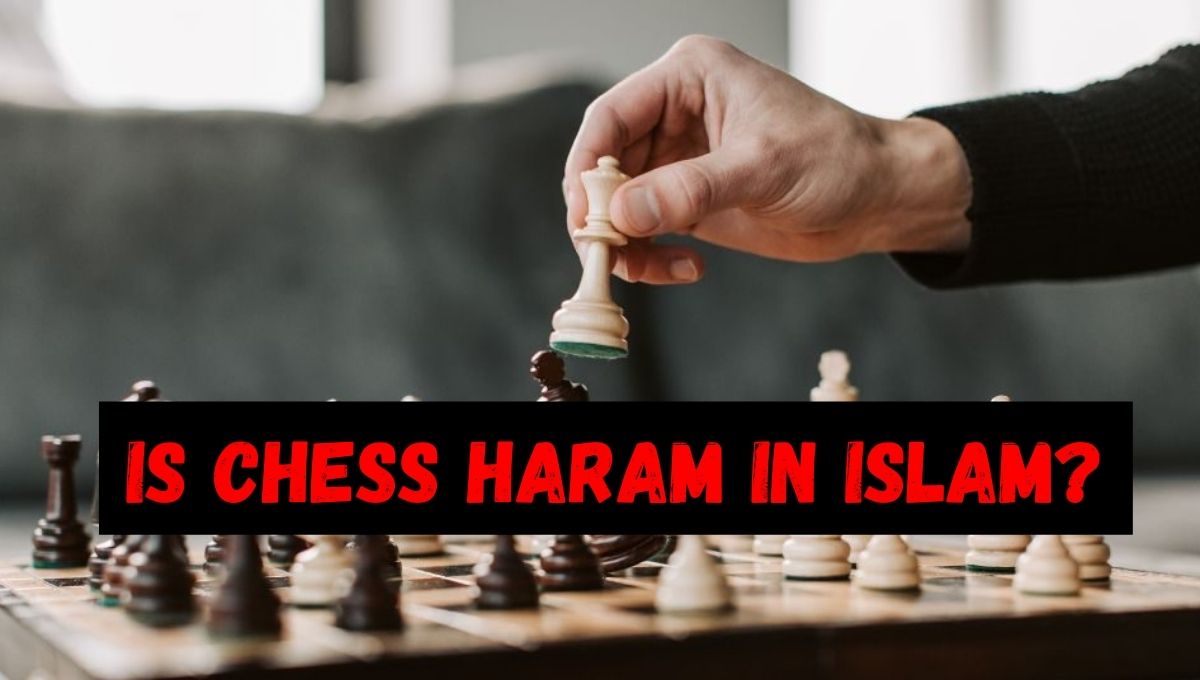In Islam, opinions on chess vary. Most scholars consider it permissible, while a minority view it as haram due to concerns about gambling, time wastage, and idleness. The majority of scholars argue that it’s acceptable as long as it doesn’t involve prohibited actions and you fulfill your duties.
Religious Concerns
Chess is played and accepted worldwide, across various religious backgrounds. However, in Islam, scholars have differing opinions on whether chess is haram (forbidden) or not.
While most scholars consider chess permissible, a minority view considers it haram based on interpretations of certain Islamic teachings.
- Some argue that chess involves elements of gambling, as it can lead to betting and money-related activities (which in my opinion any sport can!).
- Others claim that chess promotes idleness and wastes valuable time that could be better spent on productive tasks.
- Additionally, some scholars argue that the game encourages deception and distraction, as players may resort to tricks and tactics to gain an advantage.
It’s important to note that the majority of Islamic scholars either believe chess is permissible and not inherently haram or they are silent on this matter.
The ones who believe chess is permissible argue that as long as it doesn’t involve gambling, distract from religious duties (Salah, school, job, necessary daily activities etc), or lead to other prohibited actions, chess can be considered a lawful and intellectually stimulating activity.
And that’s also their view about any other sport in the world!
Still, Muslims seeking guidance on this matter should consult local scholars or Imams to understand prevailing opinions in their specific context.
Also Read:
- Is Chess Useful In Real Life?
- What happens if you play Chess Everyday?
- Guide on Good and Bad of Chess
